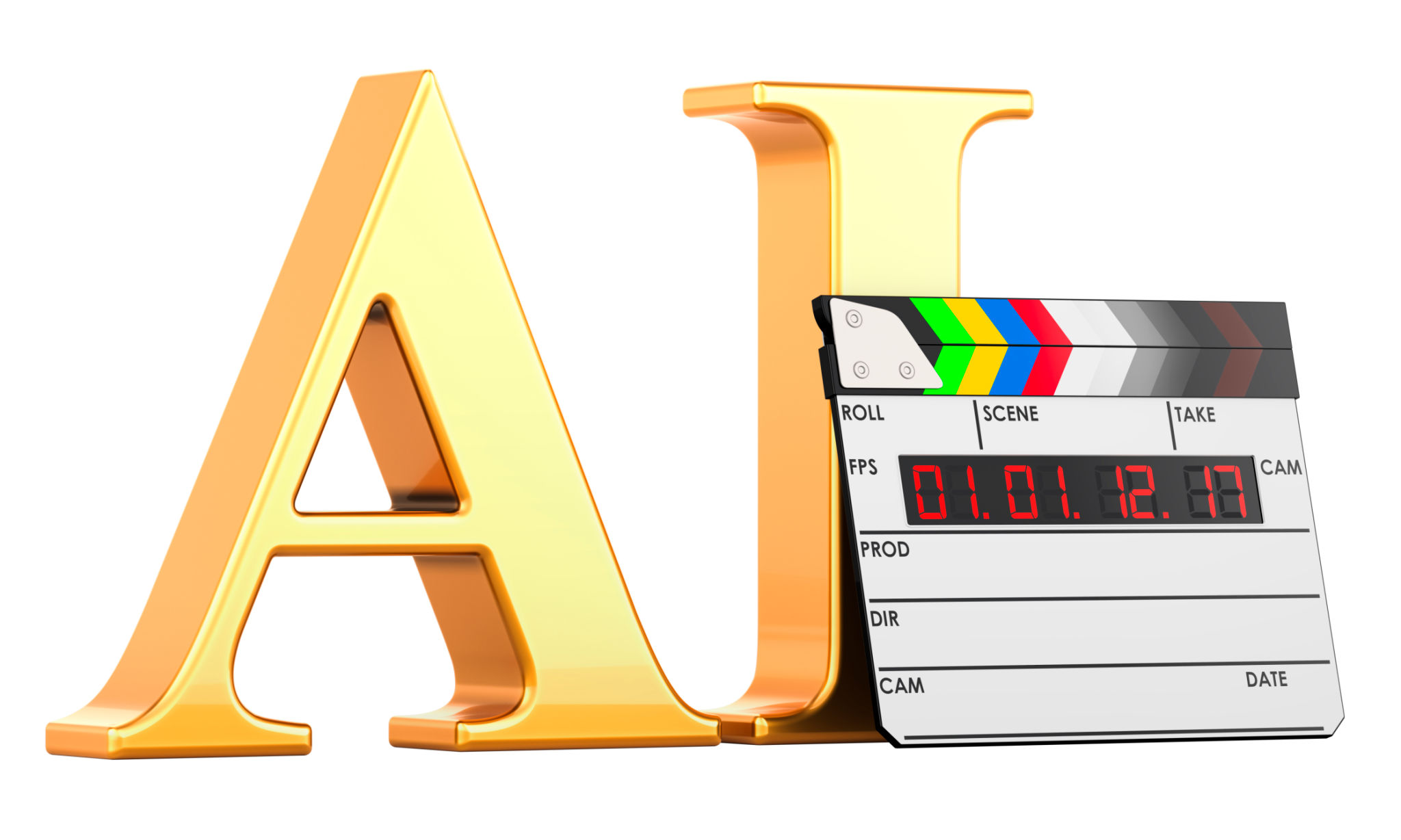The Future of Filmmaking: How Cutting-Edge AI is Transforming Videography
Introduction to AI in Filmmaking
The world of filmmaking is on the brink of a revolutionary transformation, thanks to the rapid advancements in artificial intelligence. From scriptwriting to post-production, AI is increasingly becoming an integral part of the film industry, offering filmmakers innovative tools that are reshaping how stories are told. As we explore the future of filmmaking, it's essential to understand how AI is redefining videography with its cutting-edge capabilities.

AI in Scriptwriting and Storyboarding
One of the most significant areas where AI is making an impact is in scriptwriting and storyboarding. AI-driven tools can analyze vast amounts of data from existing scripts to generate new plot ideas and character developments. By identifying patterns and trends, these tools can assist writers in crafting compelling narratives that resonate with audiences. Moreover, AI can create detailed storyboards, offering directors a visual representation of scenes before filming begins.
Enhancing Cinematography with AI
Cinematography has always been a critical aspect of filmmaking, and AI is now playing a pivotal role in enhancing this art form. With AI-powered cameras and drones, filmmakers can capture stunning visuals with unprecedented precision. These smart devices can automatically adjust settings like focus, exposure, and framing, allowing cinematographers to concentrate on creativity rather than technicalities. Additionally, AI algorithms can simulate various lighting conditions, helping directors plan scenes more effectively.

AI in Visual Effects and Animation
Visual effects (VFX) and animation have been revolutionized by AI technologies. Machine learning algorithms can generate realistic effects that were previously time-consuming and expensive to produce. For instance, AI can create lifelike animations by analyzing real-world physics and biology, resulting in more believable characters and environments. This technology also enables filmmakers to experiment with unique visual styles that push the boundaries of traditional VFX.
Automating Post-Production Processes
Post-production is another area where AI is proving invaluable. Editing software powered by AI can automatically sort through hours of footage, selecting the best takes and even suggesting edits based on emotional cues. This automation not only saves time but also ensures that the final product maintains a high level of quality. Color grading, sound design, and even dubbing are becoming more efficient with AI-driven tools, allowing for seamless integration into the editing workflow.

The Role of AI in Audience Engagement
Beyond the technical aspects, AI is also transforming how filmmakers engage with their audiences. By analyzing social media trends and viewer preferences, AI can help predict box office success and tailor marketing strategies accordingly. Filmmakers can use these insights to create content that resonates with specific demographics, ultimately enhancing audience satisfaction and increasing revenue streams.
Challenges and Ethical Considerations
While the benefits of AI in filmmaking are undeniable, there are challenges and ethical considerations that must be addressed. Issues such as intellectual property rights, the potential loss of jobs, and the authenticity of AI-generated content are significant concerns within the industry. Filmmakers must navigate these challenges carefully to ensure that the integration of AI is both responsible and sustainable.

The Future Outlook for AI in Filmmaking
As AI continues to evolve, its influence on filmmaking will only grow stronger. We can anticipate even more innovative applications that will further blur the lines between reality and fiction. The potential for creating immersive storytelling experiences is vast, offering filmmakers endless possibilities to explore. However, it is crucial for industry leaders to remain vigilant about the ethical implications and strive for a balance between technology and creativity.
In conclusion, the future of filmmaking is undeniably intertwined with artificial intelligence. As we embrace these advancements, filmmakers have the opportunity to push creative boundaries while delivering captivating content that resonates with audiences around the world. The next few years promise exciting developments that will redefine the art of storytelling forever.
